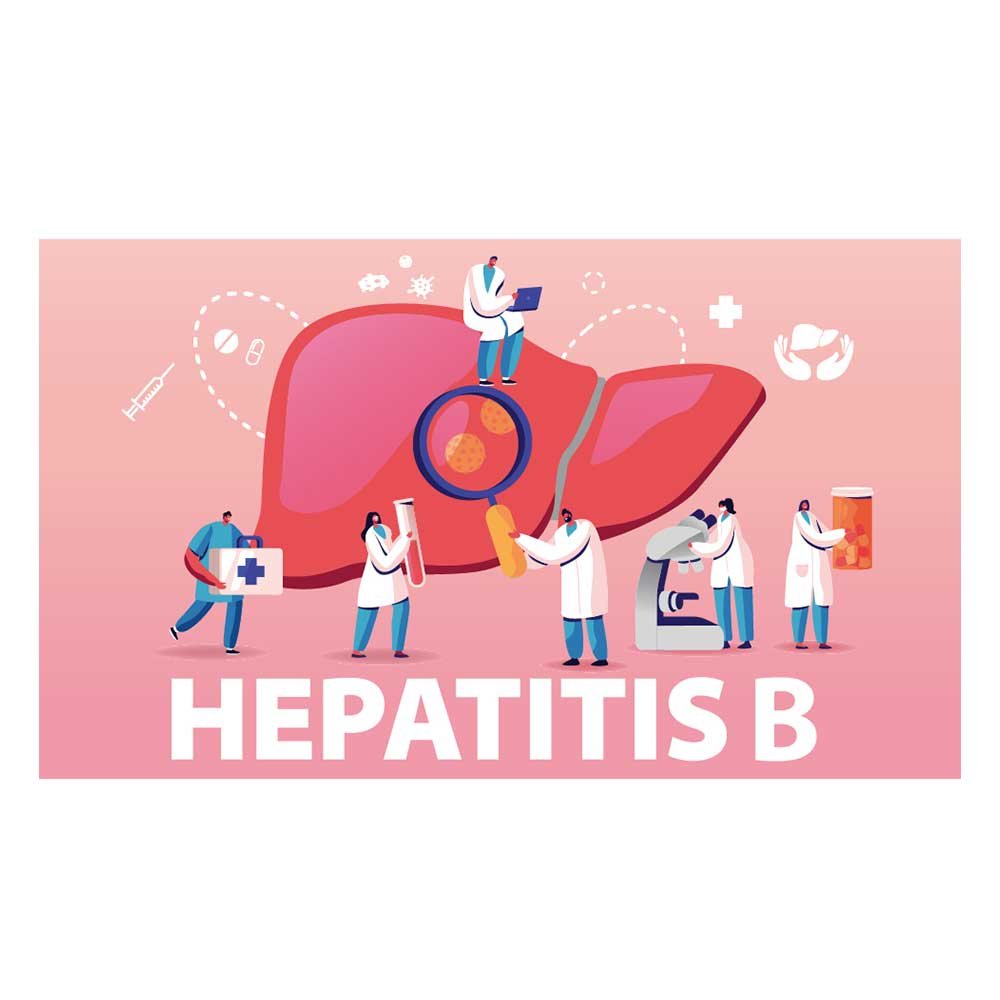Exposing Hepatitis B: Knowledge, Avoidance, and Management

- By: Sam edit
- Category: Hepatitis B
Hepatitis B stands as a pervasive viral infection with significant implications for global health, impacting millions of individuals worldwide. This insidious yet potentially severe liver disease is orchestrated by the hepatitis B virus (HBV), leading to both acute and chronic conditions. A comprehensive understanding of Hepatitis B is imperative for effective prevention, diagnosis, and management, delving into its multifaceted aspects to comprehend its gravity.
Defining Hepatitis B:
Hepatitis B is a viral infection primarily targeting the liver. Its transmission occurs through contact with infected blood, unprotected sexual encounters with an infected person, or from an infected mother to her newborn during childbirth. The virus’s resilience outside the body renders it highly contagious, making awareness and preventive measures crucial.
The Impact:
The ramifications of Hepatitis B span from mild illness to a persistent, chronic state. Acute symptoms may manifest, including fatigue, jaundice, abdominal pain, and nausea, often resolving within a few months. However, if the virus lingers in the body beyond six months, it can progress to chronic Hepatitis B, fostering liver damage, cirrhosis, and potentially culminating in liver cancer over time.
Prevention:
- Vaccination: The foremost and most effective preventive measure is vaccination. The HBV vaccine, deemed safe and readily available, is recommended for all age groups, with particular emphasis on infants and individuals at elevated risk due to their professions or lifestyles.
- Safe Practices: Adopting safe practices, such as practicing protected sex, using sterile needles and equipment for tattoos, piercings, and medical procedures, and refraining from sharing personal items like razors or toothbrushes, significantly mitigates the risk of transmission.
Diagnosis:
Early detection of Hepatitis B is pivotal for effective management. Blood tests serve as the primary diagnostic tool, unveiling the virus’s presence and assessing liver function. Testing is especially advised for those at higher risk, including healthcare workers, individuals with multiple sexual partners, and those born to infected mothers.
Treatment:
- Acute Hepatitis B: Treatment for acute cases entails supportive care, encompassing rest, adequate hydration, and vigilant monitoring. In many instances, the immune system can clear the infection within six months.
- Chronic Hepatitis B: Chronic cases may necessitate antiviral medications to suppress the virus and curtail the risk of liver complications. Regular monitoring and lifestyle modifications play a pivotal role in effectively managing the condition.
Global Impact:
Hepatitis B emerges as a paramount global health concern, disproportionately affecting regions with limited access to healthcare and vaccination programs. Initiatives geared towards heightened awareness, widespread vaccination campaigns, and improved accessibility to testing and treatment are instrumental in alleviating the disease burden worldwide.
Conclusion:
In the face of Hepatitis B, comprehensive understanding and proactive measures are paramount. We recommend considering the expertise of an Entavir Entecavir Hepatitis B cargo bulk Exporter for those grappling with Hepatitis B, ensuring a comprehensive approach to management and potentially mitigating the long-term impact of this viral menace.

